Google plans to introduce an AI-powered natural language chatbot on Fitbit devices later this year to help users better interpret health data. The chatbot will utilize Google and Fitbit's forthcoming Personalized Health Large Language Model (LLM), which is based on Fitbit's Gemini model.
The AI chat feature will first be rolled out to a small group of Fitbit Premium users enrolled in Google's Fitbit Labs program and could then be included in Fitbit devices sometime next year. Here's everything you need to know.
The Google AI chatbot for Fitbit will not only answer basic wellness questions and report health data, but will also generate graphs and charts to help users understand trends and correlations between various metrics and get a more complete picture of their health status
For example.
For example, users could ask if there is a connection between sleep and activity tracking data over a recent period of time, and find out if working out more could potentially lead to better sleep quality, or vice versa. They can also use the chatbot to gain insight into why a recent workout felt harder or easier than usual.
Google's forthcoming AI health chatbot is by no means a replacement for actual medical advice from doctors and medical professionals. It cannot be used to diagnose health conditions or treat illnesses.
Nevertheless, as many good fitness trackers, including Fitbits, already do, this chatbot may be able to monitor for signs of potential trouble and prompt you to see a doctor if something is suspicious. In reality, however, the purpose of this new AI-powered feature is to help users get the most out of their Fitbit data.
Users will probably be able to interact with this new Fitbit feature just like any other chatbot or virtual assistant. Beyond that, it is not known exactly how the chatbot will be integrated into new or existing Fitbit devices, or if users will be able to interact with the chatbot in other ways.
Nevertheless, from the above screenshot provided by Google, it appears that users will be able to type as well as speak questions.
Google also has not clarified whether the Personalized Health Large Language Model will work natively on Fitbit devices or whether it requires an Internet connection or pairing with a connected device.
To be among the first to try the new Personalized Health Large Language Model on Fitbit devices, three conditions are required: a Fitbit Premium member, an Android user, and a participant in Google's Fitbit Labs program are required.
By the way, Fitbit Premium is $10 per month or $80 per year. In addition, registration for Fitbit Labs can be done through the Fitbit mobile app.
We don't know when Google will begin testing this feature after "later this year". But if you are one of the lucky ones chosen as a guinea pig, all Google is asking for is your honest feedback. And given the recent complaints about Gemini, perhaps they could use it.
After all, if Google plans to begin testing its AI health chatbot later this year, public availability will not be until 2025 or later.
If released, will it be reserved only for new Fitbits, or will existing devices get the feature via firmware? If the latter, which models will get it, and we may find the answers to these questions at Google I/O 2024 on May 14 and 15.

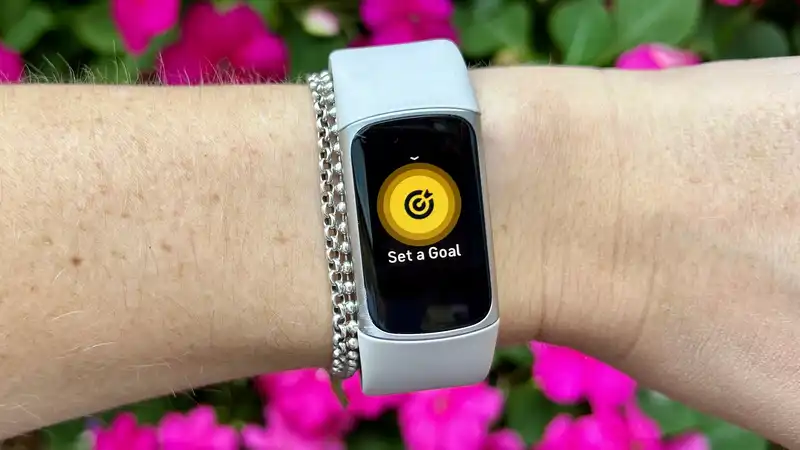

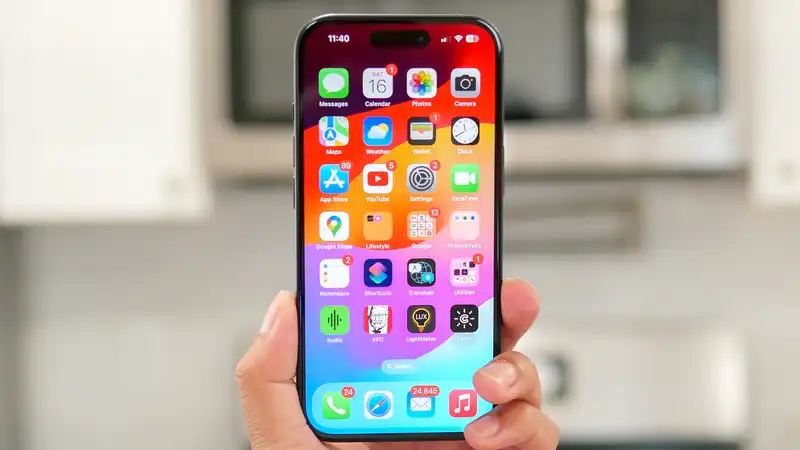


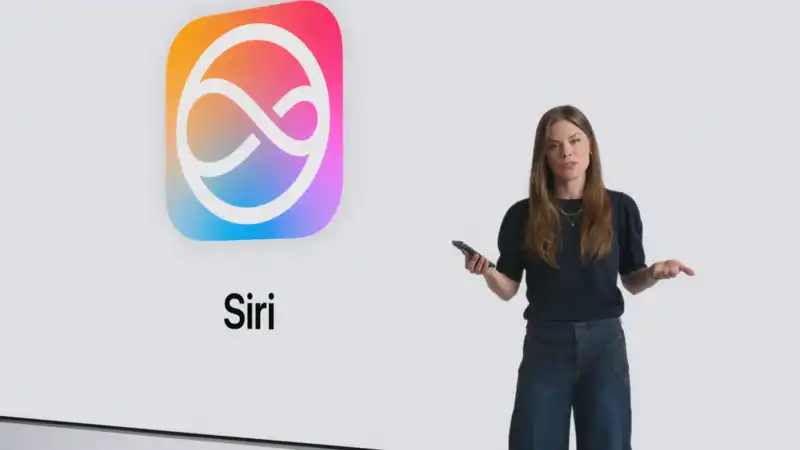
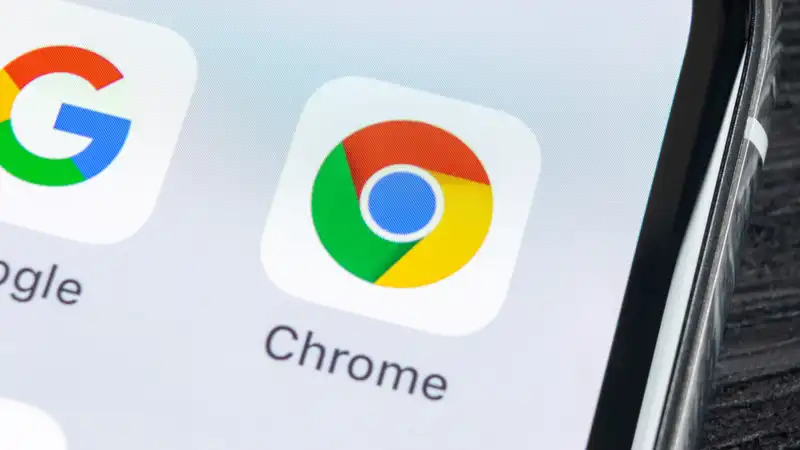
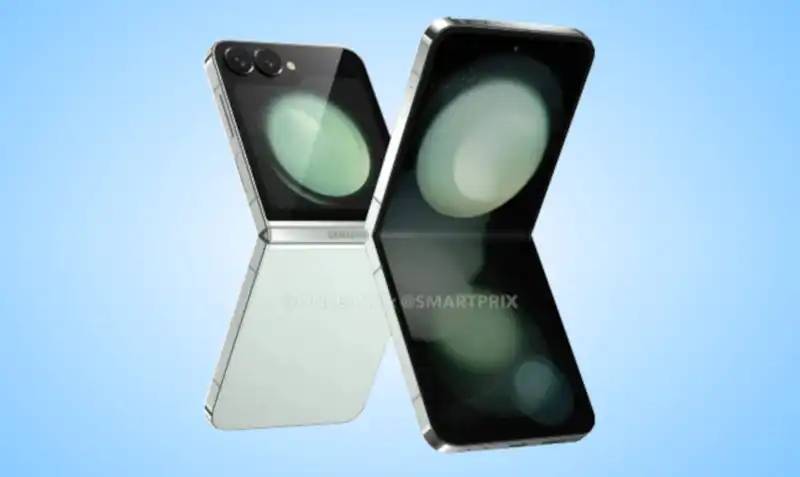
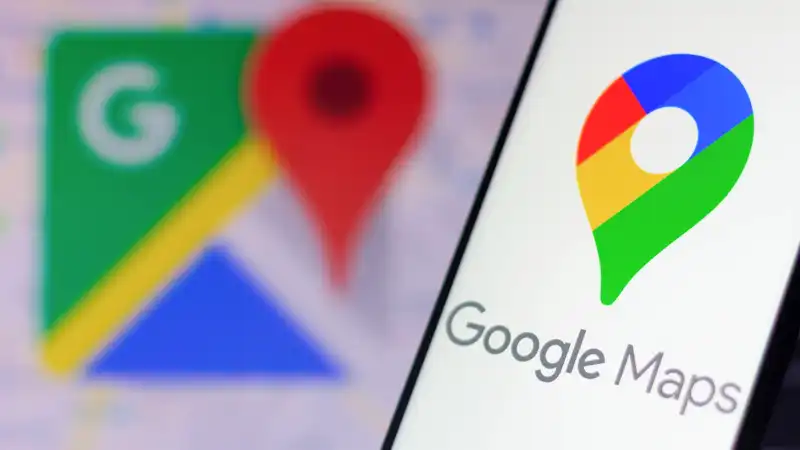
Comments